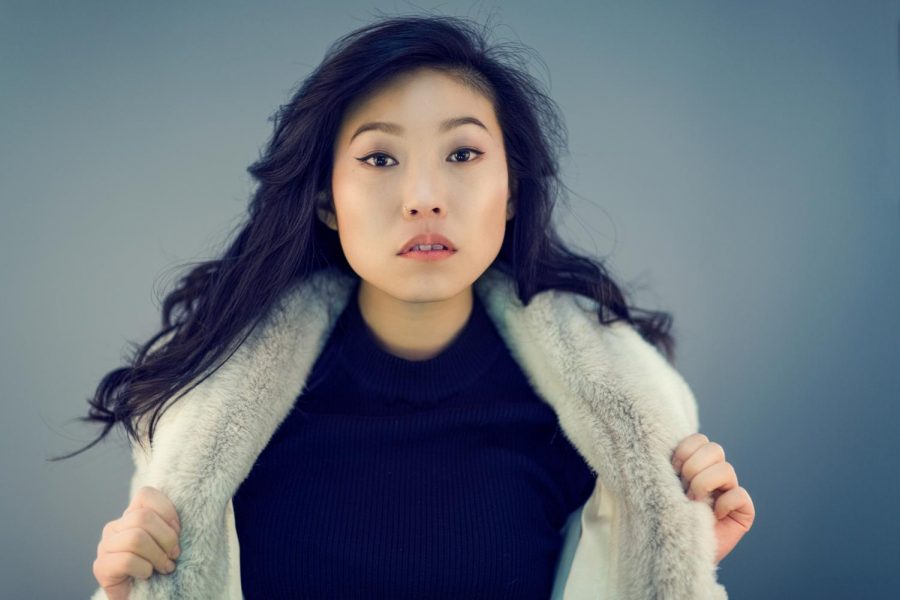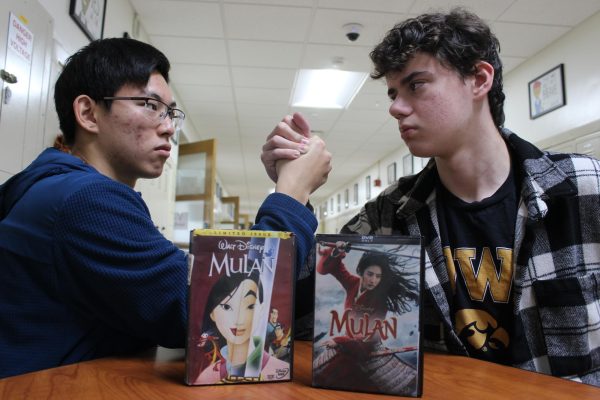We need more Asian-American representation
Casi Moss [CC BY-SA (https://creativecommons.org/licenses/by-sa/2.0)]
Awkwafina was the lead actress in the movie “The Farewell,” and she is the first person of Asian descent to win a Golden Globe in that category.
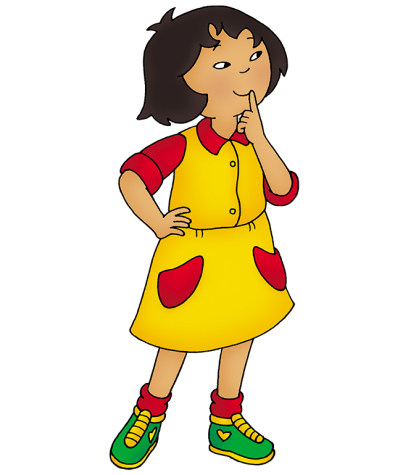
My first encounter with an on-screen character of Asian descent was Sarah from the Canadian children’s show “Caillou.” Sarah, the intelligent neighbor of the title character, was a role model for Calliou. She taught him about her culture and even invited him to celebrate Chinese New Year with her family in one of the episodes I watched as a toddler.
When I was 3 years old and my mom was pregnant with my younger sister, the name I vouched for and the one that ultimately got chosen was “Sarah.” Although my parents obviously did not name my sister after a children’s show character, for me, recognizing myself on screen had an impact even at such a young age.
As the child of a Japanese immigrant mother and a Chinese-American father, I sometimes feel stuck between multiple worlds. There is a sense of distance from my Chinese and Japanese heritage, but my experience also does not fit perfectly with the typical American experience either. This rang especially true when I moved to the predominantly white Libertyville just before this school year started after growing up in West Windsor-Plainsboro, New Jersey, an area where minorities made up a majority of the population.
Several LHS students who have spent longer periods of time in Libertyville harbor similar sentiments. Senior Jessica Li, whose parents both emigrated from China, stated “there’s always that split in your identity: what you’re taught at home versus what you’re taught at school. [It] always feels like you’re doing something wrong.”
That’s why representation is so important. Especially for minorities who often do not see people like themselves in their daily lives, it is a way to feel seen and heard. It’s a way to acknowledge that the unique experiences that come with existing at the intersection of multiple cultures add value instead of serving to alienate. In recent years, several films and television shows seem to be moving in that positive direction.
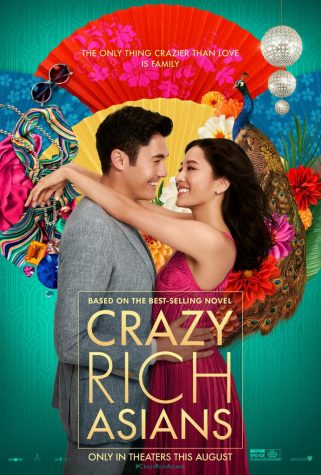
The first movie I watched in theaters that featured a majority Asian cast was “Crazy Rich Asians.” This was no surprise, because as of its 2018 release, “Crazy Rich Asians”was the first major Hollywood film to do so since “The Joy Luck Club,” which was released 25 years prior.
I was thrilled to see that several aspects of Asian culture were conveyed naturally. The characters experienced a series of ups and downs, of love and loss, and of laughs and tears, just like any other human beings. They just happened to be of Asian descent. This is eventually what I want to see of all representation: characters who may have uniquely Asian-Americans traits but are devoid of stereotypes and are merely people.
Similar efforts are taking place in the revitalization of stories that have already been told. Disney’s animated film “Mulan” released in 1998 is a family favorite, but it is also rife with cultural and historical inaccuracies.
I have never felt personally offended by Mulan. However, certain elements like the distinctly American humor that came from Mulan’s dragon sidekick Mushu, voiced by Eddie Murphy, felt out of place. Others things felt misplaced, like the food, clothing and accessories, which were changed to appear exotic in the eyes of Western audiences instead of remaining faithful to the true culture.
Based on the trailer, the live-action remake, which is set to be released in March, seems to resemble a more authentic martial arts film, a genre popular in China. The movie also seems as though it will adhere closer to the Ballad of Mulan upon which the animated movie was also based. While the reception is already mixed, the casting of actors like Jet Li, Gong Li, and the lead, Liu Yi Fei, who are also major stars in China, is promising.
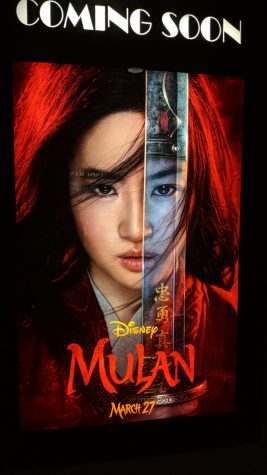
Strides are being made on television and streaming services as well. ABC’s “Fresh Off the Boat” and “Dr. Ken” were both introduced in 2015. The first sitcoms to center around Asian-American families in several years, the shows portray a truer view of the Asian-American experience. Instead of being confined to stereotypical roles like the quiet, studious nerd that only existed as comedic relief, several stories are now being centered around the characters and their human characteristics.
However, there is still plenty of progress to be made. Nora Lum, known professionally as Awkwafina, recently became the first person of Asian descent to win a Golden Globe in a lead actress category for her performance in “The Farewell.” However, when the 2020 Oscar nominations were announced, many were disappointed to see that her name had not made the list.
The “#Oscarssowhite” controversy seems to continue. This year, only one person of color, Cynthia Ervo, was nominated across the various acting categories. The nominations were once again skewed to favor white males, who only make up a fraction of the actual population. The increase in representation has not been met with the same level of recognition, and Asian-Americans are still largely absent from the mainstream media overall.
The Asian community is relatively new to the United States and as a result, a sense of Asian-American culture is still being established. However, according to the Pew Research Center, Asians are now the fastest growing racial group in the country. Representation in films and media can provide the perfect opportunity to break out of the marginalized position Asian-Americans have been traditionally limited to.
Without it, there is the risk of alienating an entire community and excluding it from the American Narrative. We have certainly come a far way from grossly stereotypical and offensive portrayals of Asians like that of Mr. Yunioshi in the 1958 film “Breakfast at Tiffany’s” played by white actor Mickey Rooney in “yellowface,” but that is not enough. With tens of millions of us already living in the United States, it is about time for Asian-Americans to receive the screen time we deserve.



